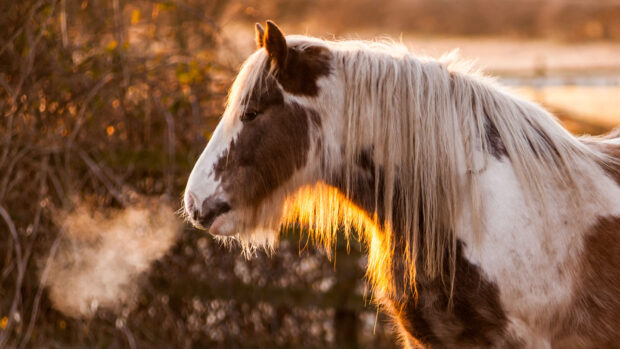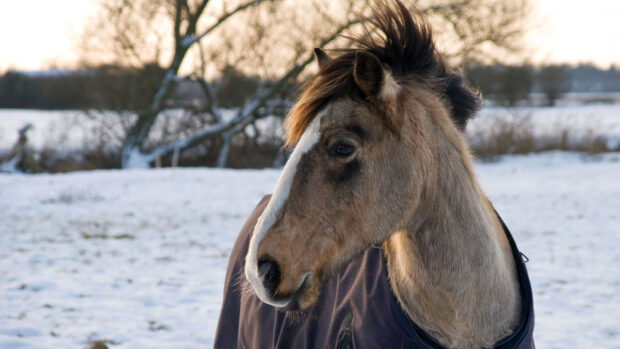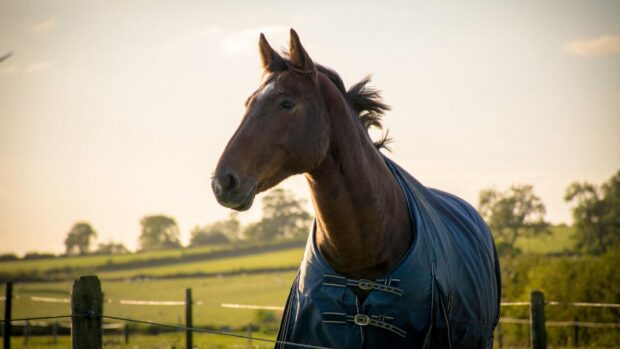At this time of year many of us are trying to plan our holiday and work out how to keep our horses happy and healthy even if we are not going to be around as much as usual.
If your horse is stabled, you will need to consider various factorsthat may have to be planned:
Feeding
This is a crucial factor, particularly if your horse is going to be in less work due to the holiday period and is still on hard feed. It is especially important to work out a straightforward feeding programme if you are getting someone else to feed your horse.
The amount of concentrates a horse requires is calculated according to workload.
Over or under feeding can be detrimental to the horse’s health and performance at any time, so it is important that the horse’s diet is right.
Nutrients such as vitamins and minerals are important for building tissues and maintaining normal metabolism, so a long-term excess or inadequate supply of these nutrients can cause serious problems.
If the horse’s work load alters in the short-term such as when having a rest day or some time off due to the holiday period, it is the amount of energy provided in the diet that is of primary concern.
This is because providing more energy than the horse requires can lead to over-excitability or digestive upsets such as Equine Rhabdomyolysis Syndrome (ERS) otherwise known as azoturia or tying-up.
This is one of the biggest causes of concern for horse owners because it is so debilitating and stressful. It is particularly important to significantly reduce the concentrate intake by at least two thirds on the night before and on rest days.
Replacing the concentrate feed with additional good quality forage will help to satisfy the horse’s appetite, promote healthy, normal gut function and help to prevent boredom.
There are certain factors that should be considered which can increase the risk of problems occurring:
Feeds that contain a high proportion of starch, such as competition or performance mixes, are most likely to cause physical and behavioural problems.
Horses receiving greater volumes of feed are more at risk of developing problems.
A horse that can go out in a menage or field for some exercise on its day off is less likely to suffer from problems than a horse that is confined to its box without any form of exercise.
Horses that have had problems before are more likely to suffer from them again and so even greater care should be taken for these horses.
Exercise and turn-out
Horses confined to the stable are at a greater risk of developing ERS or otherdigestive related problems. To try and reduce the risk, lower the starch content of the diet and finding some way to exercise the horse.
If it is not possible to ride yourself then see if you can find someone else to ride or lunge your horse.
Alternatively, many yards now have horse-walkers or treadmills which could be used. It is important for your horse to have some form of exercise, even if it is just being walked out in hand or turned out in a manege for a leg stretch.
Rug changing and grooming
The temperature can vary quite considerably between day and night so arrangements must be made for rugs to be changed to suit the weather conditions.
It will also benefit your horse to be lightly groomed each day to help circulation and comfort. Do not forget that it is also essential to pick out his feet regularly.
Horses are creatures of routine, so if you are going to change your routine you must ensure that your horse does not have toomuch of a change which could result in problems.
Keep it simple and make sure you put his health and happiness on your list of priorities
Katie Lugsden B.Sc. (Hons) is an equine nutritionist for Baileys Horse Feeds



